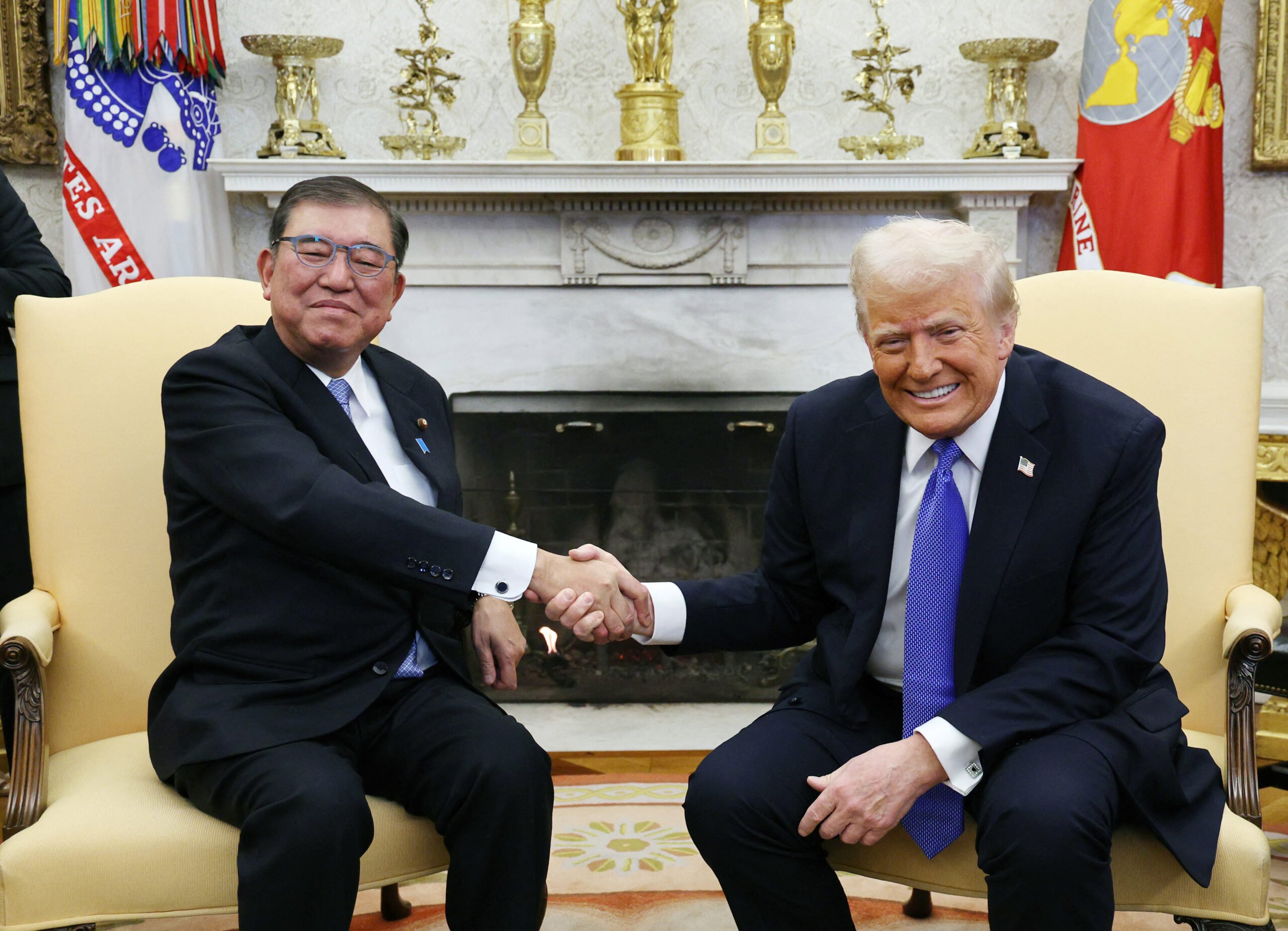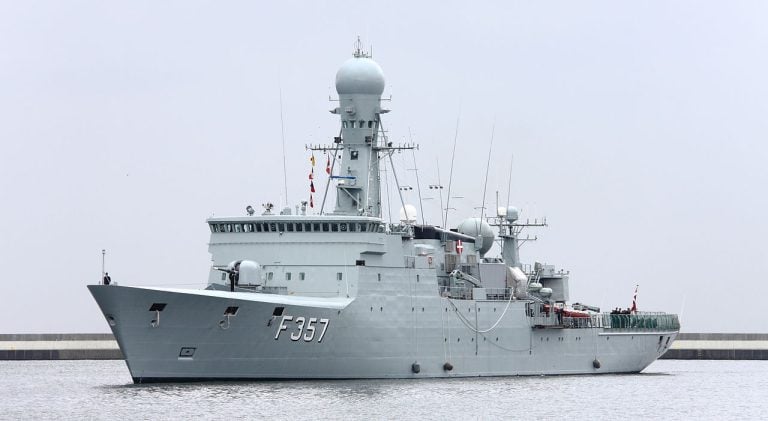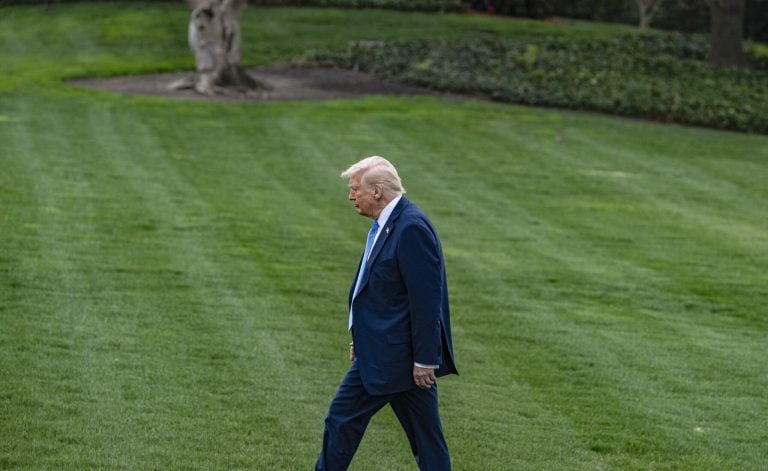Beijing responded sharply to a joint statement issued by the United States and Japan, which criticized China for its “provocative activities” in the South China Sea. China’s foreign ministry spokesman, Guo Jiakun, described the statement as an attack and smear against China, asserting it interferes in the country’s internal affairs and escalates regional tensions. This reaction follows a meeting between U.S. President Donald Trump and Japanese Prime Minister Shigeru Ishiba, where both leaders condemned China’s “unlawful maritime claims” and its militarization of the region.
Despite an international ruling in 2016 that invalidated China’s extensive claims over almost the entirety of the South China Sea, Beijing has continued to assert its sovereignty over the contested waters, which are also claimed by several neighboring countries, including the Philippines, Vietnam, and Malaysia. The recent encounters in the area, particularly involving the Philippine Coast Guard and China’s naval forces, have led to heightened tensions and international concern.
Amidst these developments, the Philippines condemned the actions of the Chinese Coast Guard, which reportedly fired water cannons at Filipino vessels. Such provocative moves have raised alarms about the potential for military escalation, particularly given the mutual defense pact between the Philippines and the United States.
In conjunction with their mutual defense commitments, Trump and Ishiba emphasized their support for Taiwan, stating their opposition to any attempts to alter the status quo in the Taiwan Strait through force. This statement aligns with longstanding U.S. policy of supplying arms to Taiwan, despite the absence of formal diplomatic relations. Guo Jiakun warned the two nations to respect the one-China principle and voiced strong opposition to any form of Taiwan independence.
Beijing’s assertiveness in the South China Sea and its dedication to territorial claims extend beyond rhetoric, as it has deployed naval and coast guard vessels to the region to reinforce its claims and deter other nations from accessing strategically valuable reefs and islands. The geopolitical landscape surrounding the South China Sea remains fraught with tension, reflecting the intricate security dynamics in Asia, particularly among the United States, Japan, China, and Southeast Asian nations.







